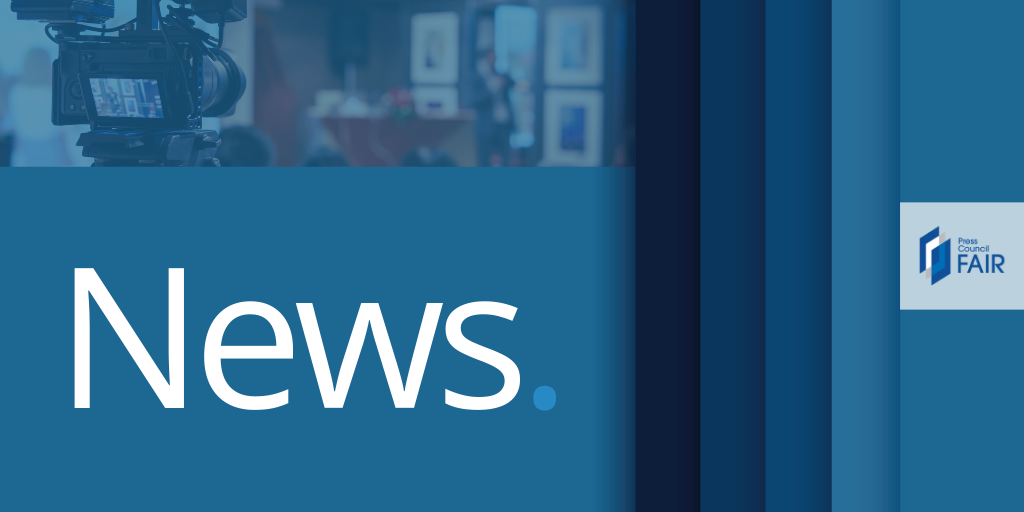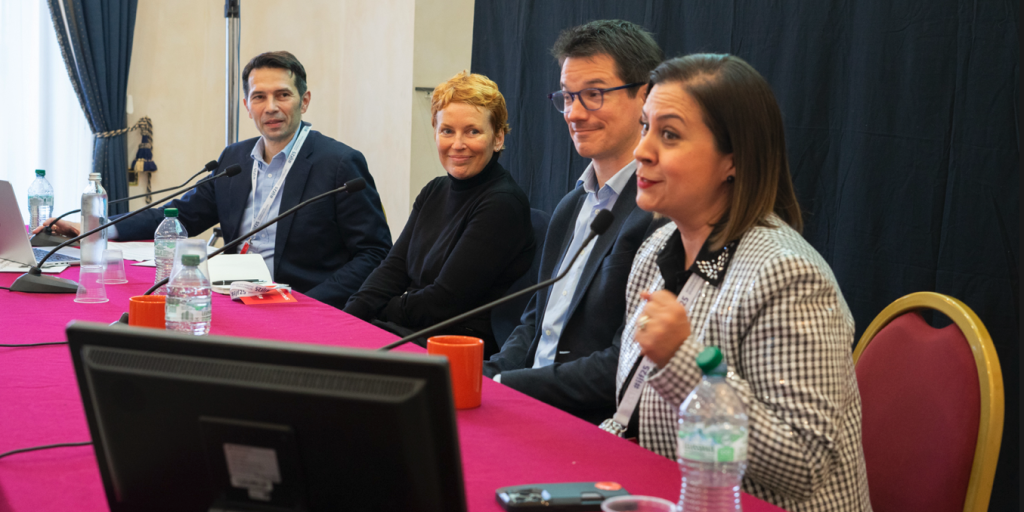Media partners present joint submission to Media and Digital Platforms Market Inquiry
SANEF
The South African National Editors’ Forum (SANEF), along with nine media partners, submitted a joint response to the Competition Commission’s Media and Digital Platforms Market Inquiry on 7 April 2025, the final day for submissions.
The partners include the Press Council of South Africa, Association of Independent Publishers (AIP), Media Monitoring Africa, Forum of Community Journalists, SOS Support Public Broadcasting Coalition, GIBS Media Leadership Think Tank, the Campaign for Free Expression, and the Campaign on Digital Ethics.
Commending the Inquiry’s Provisional Report, the group called it ‘a strong foundation for enhancing the sustainability of the media ecosystem in South Africa’. They urged the Commission to urgently seek an extension under Section 43B(4)(b) of the Competition Act, ensuring the Inquiry’s continued legal operation and notifying stakeholders accordingly.
Their submission addresses key issues raised in the Provisional Report, highlighting the critical democratic role of a free and independent media.
While the Report acknowledged that competition distortions adversely affect constitutional rights – especially among underrepresented vernacular and community media – the submission noted that it failed to specify which rights were impacted.
The media partners argue these include the rights to dignity, equality, language and culture, privacy, and access to information. They recommended that each findings section of the final report explicitly identify the rights infringed to better align with the spirit of the Bill of Rights.
A key focus of the submission is the call for social media platforms to compensate the media sector. The parties believe there is sufficient justification for compensation and recommend that the Inquiry propose an estimated compensation range payable to a media industry fund.
While acknowledging the challenge of quantifying this figure, the group stressed that this should not exempt platforms from accountability for past and ongoing harm.
On children’s rights, the partners urged the Inquiry to propose interventions that shift responsibility from children to adult users and platforms, calling for effective systems to detect and block harmful content
The group welcomed the recommendation to establish a media industry fund, but asked for greater clarity on its structure, purpose and governance. SANEF and AIP expressed willingness to collaborate further with the Inquiry to ensure their respective funds align with the broader goals of a national media sustainability strategy.
‘SANEF is amenable to further discussions … to ensure the Journalism Fund South Africa (JFSA) is fit for purpose,’ the submission stated.
They also called for the Inquiry to commission independent research to quantify the economic harm caused by big tech’s anti-competitive practices. This research, they argued, should:
- calculate revenue losses across the media landscape, particularly for smaller and community outlets
- assess the broader democratic impact of newsroom closures and reduced journalistic capacity
- provide a basis for fair reparations reflecting direct financial losses and societal damage, and
- use a 14-year timeframe, matching the Inquiry’s existing scope, to assess long-term effects
On potential remedies, the group advocated for technology platform reforms. If platforms resist necessary changes, they proposed imposing a levy – rather than a general tax – to ensure the resulting funds are ring-fenced for the media industry fund.
‘Such a levy could be collected by a sector-specific regulator or a designated government department, guided by appropriate legislation and oversight,’ the submission suggested.
The submission also urged the Inquiry to address the structural bias within Google’s Search ranking system. It argued that original, local journalism should be promoted without penalising resource-constrained outlets
The media partners recommended that the Inquiry consider whether new enabling legislation is required to establish the media undustry fund. Even if not necessary, they believe the Minister of Trade, Industry and Competition should be encouraged to develop regulations to support the implementation of any levy or fund.
On data-sharing, the submission emphasised the importance of balancing competition, transparency, and personal privacy.
It referenced a November 2024 resolution by the African Commission on Human and People’s Rights, which warned against exploitative data practices by tech platforms, and recognised equitable access to data as essential for a fair and inclusive digital society.
However, the submission also flagged concerns around surveillance capitalism and the unauthorised scraping of media content for use in commercial AI initiatives. These practices, it argued, undermine the unique value proposition of original journalism, which is costly to produce but easily exploited by technology platforms.
The group concluded by reiterating its support for the Inquiry’s process and findings and affirmed its willingness to continue constructive engagement to safeguard the future of journalism in South Africa.
- This article was first published here
Media Partners Present Joint Submission to Media and Digital Platforms Market Inquiry




